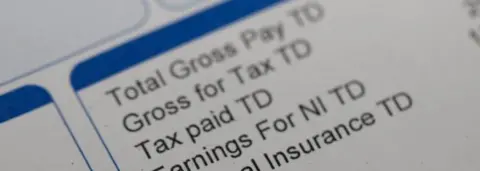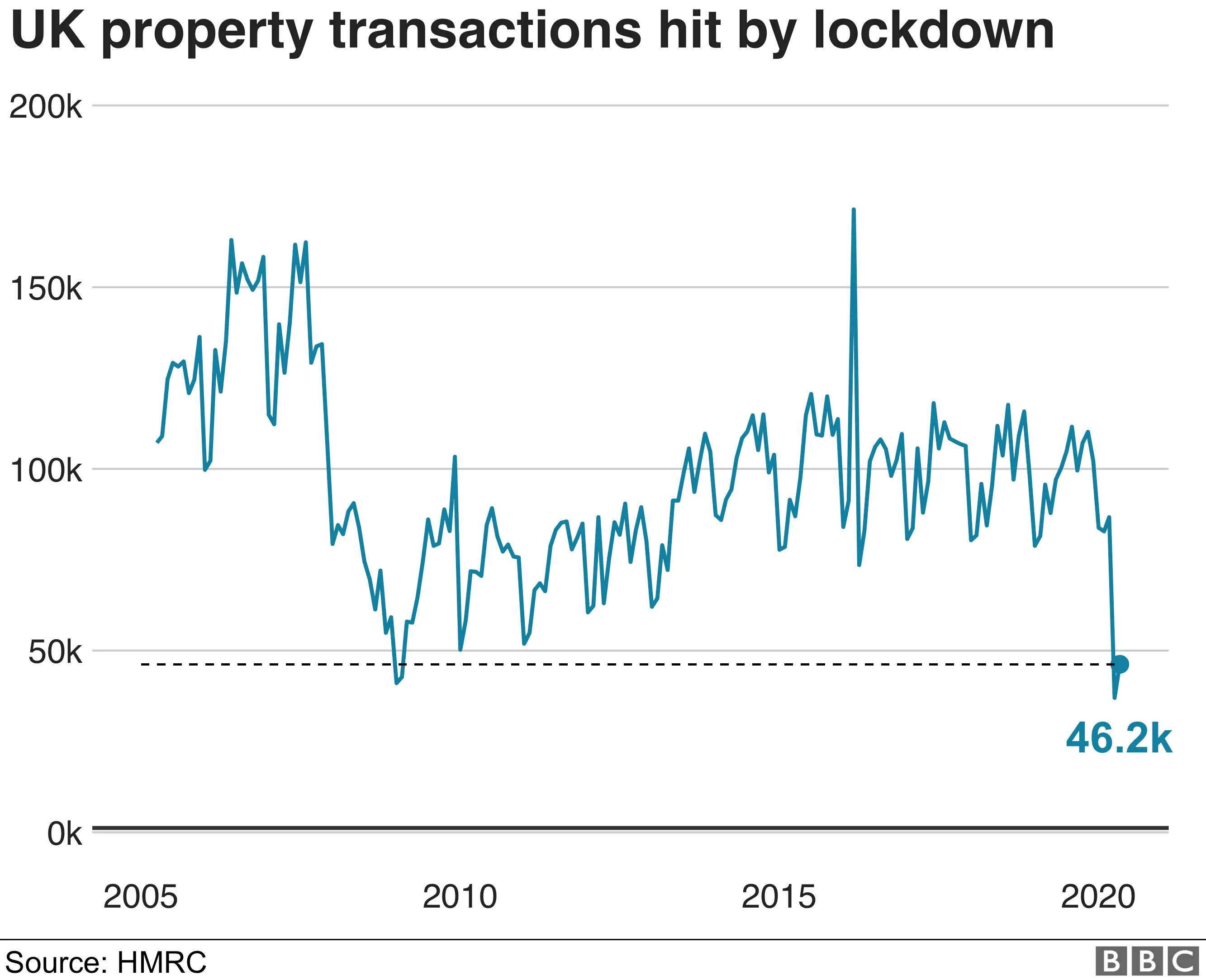Coronavirus: What the chancellor's summer statement means for you
 Getty Images
Getty ImagesCoronavirus has dealt a blow to incomes, job prospects and our future prosperity.
Chancellor Rishi Sunak has delivered a summer statement, outlining his ambitions for a recovery from the economic harm done by the virus.
This is how it might affect your finances.
Jobs and wages
Policies announced by the chancellor on homes, tax and insulation are, in many ways, dwarfed by the prospects for people's jobs.
 Getty Images
Getty ImagesWages remain key for the health of an individual's finances.
Mr Sunak announced various schemes to give incentives to employers to bring furloughed employees back to work, to encourage them to employ young workers, and to improve skills training.
Eating out and going out
The sales tax - VAT - included in the cost of food, accommodation and attractions will be cut until mid-January from 20% to 5%
The temporary cut should see prices fall when eating out or going out, which should help those whose income has been affected by the virus.
However, it is not clear how much benefit consumers will see.
 Getty Images
Getty ImagesFor example, lots of people are staying away from holidays and attractions at the moment, worried about the virus and their ability to spend money. There is also a question over whether there is the capacity to let them in, given social distancing.
Another point of debate is whether these businesses will pass on the VAT cut in the form of lower prices.
Many in the sector will consider this an opportunity to shore up the finances of their ailing businesses. This means they may, in effect, keep the extra money by not cutting their prices.
The chancellor said that there will be discounts of up to £10 per head for anyone eating out at participating restaurants from Mondays to Wednesdays in the month of August.
Diners who often make use of money-off vouchers may find this mirrors their normal discount.
Upfront costs when buying a home
Until now, in England and Northern Ireland, stamp duty has been paid on land or property sold for £125,000 or more. There are different rates and systems in Scotland and Wales.
Buyers usually pay their duty based on the price on the day the sale is completed, and they have to give the money to HM Revenue and Customs within 14 days. Now, the chancellor has said this threshold in England and Northern Ireland will increase - with immediate effect - to £500,000 until 31 March.
He said that, on average, people buying a home would save £4,500. Current homeowners moving on could see a saving of up to £14,999.
The housing market, as with the rest of the economy, has been hit hard by the coronavirus pandemic. The lockdown meant activity slowed sharply, with sales at half the levels of a year earlier.

The idea is that housing chains will get moving again, as people make the most of the stamp duty holiday. That would be good for everyone on that chain, and for the UK economy as a whole (of which the housing sector is a key part).
Yet, back in 2012, the then-chancellor George Osborne said a stamp duty holiday had been ineffective in helping people to buy a home when he cancelled a similar scheme.
There is also a limit on how much first-time buyers would benefit from this.
Some 16% of sales in England were not liable for stamp duty, even before now. Many would be first-time buyers.
Before the chancellor's announcement, first-time buyers paid no tax on properties up to £300,000 and 5% on any portion between £300,000 and £500,000. So the new stamp duty holiday would not benefit many of those young, new buyers directly.
Those buying homes for more than £500,000, or second homes, will still have to pay stamp duty, but their total bill will be lower as a result of these changes.
Home improvements
Mr Sunak will not pay to paint the kitchen, but there will be help with the cost of insulating your home, including double glazing, in England.
In the scheme, which will start in September, the government will pay at least two-thirds of the cost of home improvements that save energy. This will be paid as a voucher when the work is approved.
For example, a homeowner of a semi-detached or end-of-terrace house could install cavity wall and floor insulation for about £4,000 - the homeowner would pay £1,320 while the government would contribute £2,680.
Low-income households could receive a bigger contribution.
The move was announced in the build-up to the speech, and will allow landlords to benefit, which could eventually see tenants' gas and electricity bills look better than they would otherwise have done.